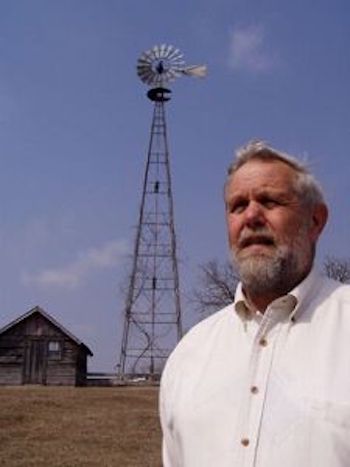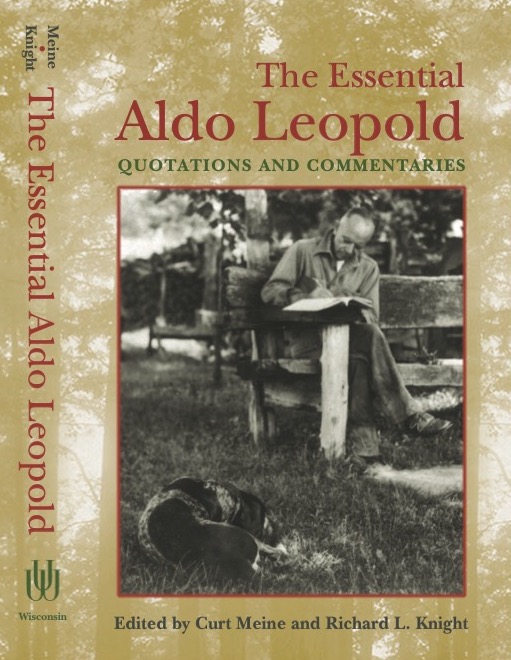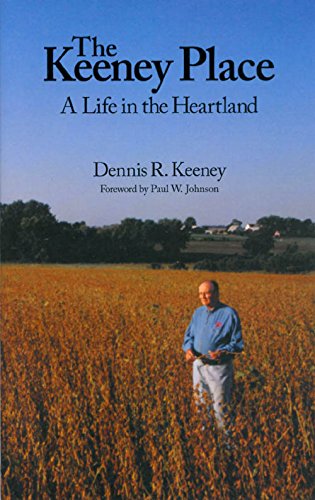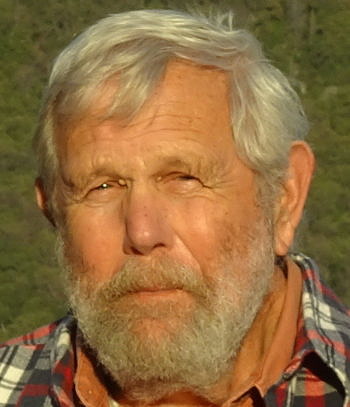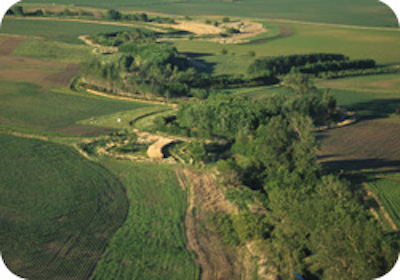Before northeast-Iowa farmer Paul Johnson died in early 2021, he served as an Iowa state legislator, the head of the U.S. Department of Agriculture’s Natural Resources Conservation Service, and director of the Iowa Department of Natural Resources. In light of some current federal policy discussions (e.g. about monopolies in the agricultural sector), Paul’s family is posting here one of the position papers he released during his unsuccessful 2004 U.S. House campaign in Iowa’s fourth Congressional district.
Any discussion of agriculture must start with recognition of its success. For the first time in humankind’s long journey there need no longer be fear of hunger. That hunger still exists in America and abroad, is an indictment of our unwillingness, not our inability, to care for each other. A big thanks is in order to those who have toiled in the fields for the past 13,000 years and in the research efforts of the past 100 years. Iowa farmers and researchers are a big part of that achievement.
It is because we have been so successful that we have the luxury today to question our future. But question we must.
Continue Reading...
